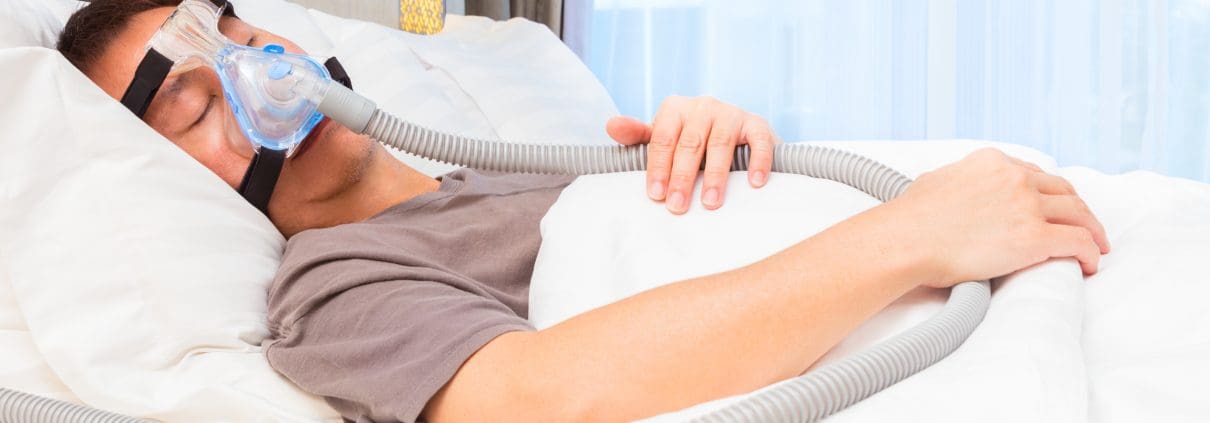What Causes Sleep Apnea?
Sleep apnea, a dangerous condition where a person’s breathing may frequently stop for as long as 10 seconds at a time while sleeping, is a serious medical problem requiring treatment and correction. Potentially threatening in that it can lead to increased risk of being involved in motor vehicle accidents due to drowsiness or even lead to heart attacks while asleep, it affects men and women. As for its causes, researchers have found many different reasons for this condition, with some of the most commonly discussed below.
Obesity
While thin people can have sleep apnea, it is far more prevalent in those who are overweight or obese. In fact, studies have shown obese individuals (defined as having a body mass index above 30) have a 32% greater chance of developing sleep apnea.
Genetics
Sometimes, genetics play a role in sleep apnea. For example, if a person’s family has a history of having enlarged upper airway structures such as the soft palate, this can lead to sleep apnea.
Gender
On average, men are three times more likely to suffer from sleep apnea than women. As for why, one reason is thought to be men having more fat distributed around their neck, which may lead to a narrowing and subsequent blockage of the upper airway.
Aging
As people age, their risk of developing sleep apnea increases. For people age 65 or older, 62% have at least 10 apnea events each hour while sleeping.
Head and Neck Abnormalities
For persons who may have small jaws, large tonsils, or nasal issues such as a deviated septum or allergic rhinitis, these conditions may contribute to developing sleep apnea.
If you snore frequently, are always tired, or have problems concentrating, sleep apnea may be the reason why. To find out more, discuss your concerns with your dentist.



